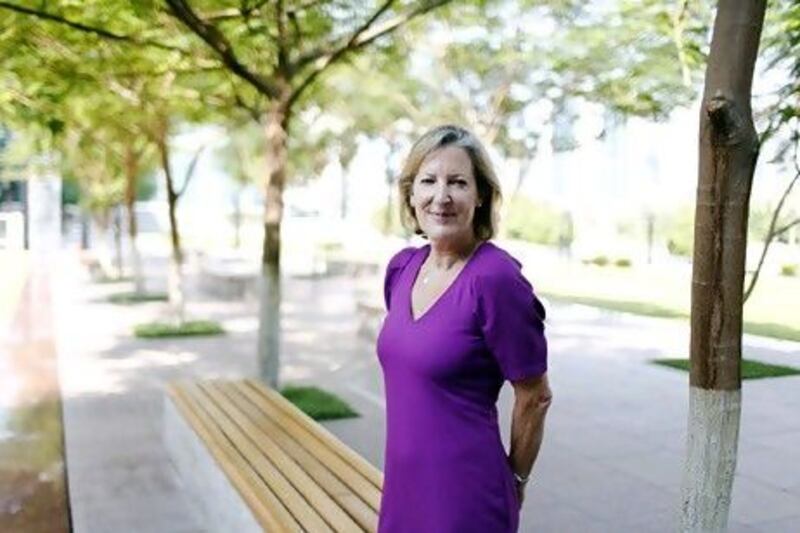A recent McKinsey study showed that employee diversity is a major asset for companies. Here, Veronica Munro, the head of leadership effectiveness at Standard Chartered in Dubai, explains why.
Why is diversity important to Standard Chartered?
Companies with more diversity have higher levels of performance when you look at the Fortune 50 companies. We have grown in the past six years from 35,000 to 87,000 [employees], we've got 130 nationalities, we operate in seven countries. What is important to us is to create diversity in whatever teams we have at [the] global, regional or local level.
Obviously, gender and age spring to mind when discussing diversity. What else?
The most important thing about diversity [relates to] thinking, experience and background. It's when you synthesise and bring those together that you get the greatest yield. That prevents an organisation being blindsided by its own way of thinking. People tend to recruit - and I am making a big generalisation here - people who are 'like us'. Rather than [taking on] someone [who is] different, it's about embracing that person and believing that person can really add value. When we [at Standard Chartered] make decisions, we access multiple viewpoints. We encourage courageous conversations. We have disagreements. In that way, diversity yields much greater levels of innovation, creativity and new ideas.
If there is all this diversity, what binds your staff together?
We have a very strong culture and vision for the bank. It's about leading the way in Asia, Africa and the Middle East. In the organisation, we give people the chance to be themselves, to get the best out of themselves. So it doesn't matter what background, what experiences, what strengths or talents they bring. The whole culture is around how can we maximise those in the context of our organisation because those different perspectives are very powerful in creating an ensemble. It's almost like an orchestra.
What about diversity at the bank in the UAE?
In each of our Arabic countries, we have a fantastic group of individuals from that country and a range of people who move across the Arab countries as well. That works highly effectively. In the Middle East, we do have predominately local Arab people working in those roles. There are very few expats who work in the very senior roles; those go to local people. In the UAE itself, we also have a wide range of nationalities. On one of our top teams, we have Arabs, a Pakistani, an Australian, a South African, a person from Britain, a Singaporean and an Indian. So it's a real mixture. It's really important for us to be able to give individuals the chance to move across our network and, obviously, the people who move across the network gaining different experiences become extremely valuable contributors in whichever team that they join.
Is gender balance important?
In the organisation, we have 51 per cent women. Obviously, promotions are done on merit ... we have a cadre of senior women at the top of our senior organisation globally. On the boards of the most senior teams, yes, we do have women there. Are they 50 per cent? In some countries, they certainly are.
[ lgutcher@thenational.ae ]





